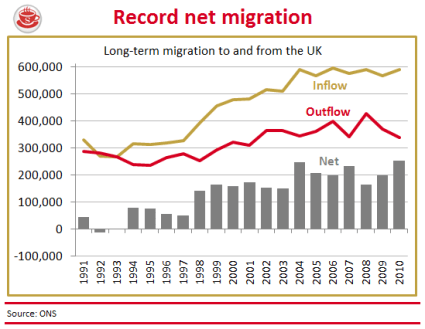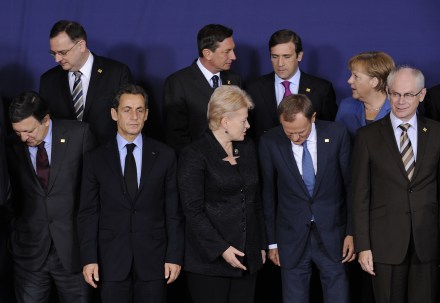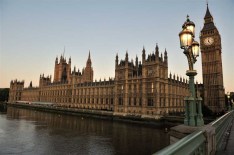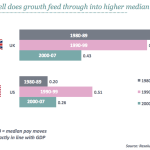Without growth, Osborne’s best-laid schemes will go awry
Strikes, Olympic boycotts and obesity league tables — it’s a dreary set of newspaper front covers this morning. But none of them are quite so dreary as the Telegraph’s, which speaks of ‘The return of recession’. According to their story, the OECD has told ministers that its latest set of forecasts, released on Monday, will have the UK economy shrinking for the first six months of next year. They’re not the first forecasting organisation to suggest a double-dip — going by the Treasury’s overview of indpendent forecasts, Schroders Investment Management have economic ‘growth’ at -0.4 per cent in 2012 — but they are the most prominent so far. Shudder ye



















